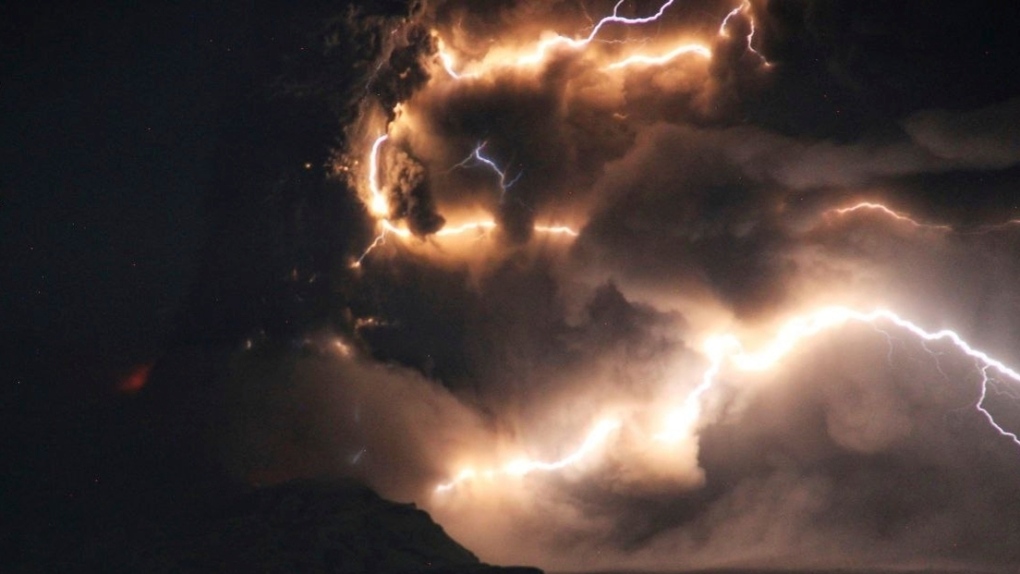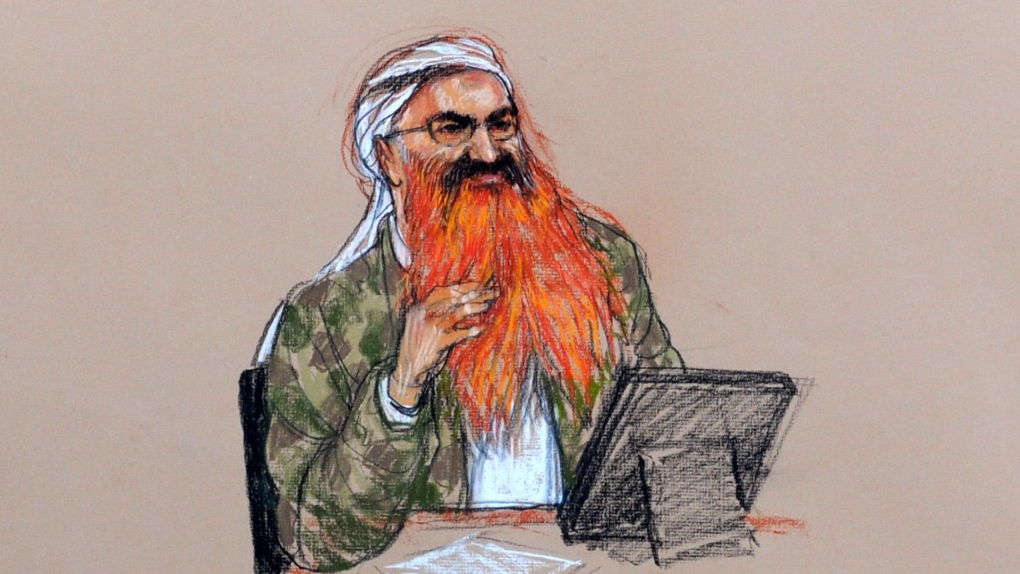The RESTRICT Act, also known as S.686, has been inaccurately labeled as a “TikTok ban,†according to former Congressman Ron Paul. This legislation, introduced by Senate Intelligence Committee Chairman Democrat Mark Warner, aims at safeguarding Americans from foreign entities using social media platforms to spy on them.
However, Paul argues that the true intention behind the RESTRICT Act is to diminish freedom of speech in the United States. Paul is a staunch advocate for freedom of speech, the U.S. Constitution, and the Bill of Rights. He believes that the RESTRICT Act is a tool for globalists to infringe upon online privacy and free speech. By instilling fear in the public, similar to the PATRIOT Act, lawmakers hope to strip away liberties without opposition. Despite its moniker as a TikTok ban, the RESTRICT Act does not explicitly target TikTok or ByteDance. Instead, it grants the Secretary of Commerce broad authority to intervene in transactions that pose perceived risks, particularly in relation to foreign adversarial activities. This vagueness in the legislation raises concerns about potential infringements on American social media companies and individuals without just cause. Critics, including Senator JD Vance and law professor Eric Goldman, have expressed reservations about the RESTRICT Act's implications for First Amendment rights. Vance likened it to a digital-age PATRIOT Act, a comparison that underscores the sweeping surveillance powers the legislation could confer upon the government. To take action against the RESTRICT Act, concerned citizens can sign a petition initiated by Ron Paul and reach out to their U. S. Representatives and Senators. Florida residents, in particular, are urged to communicate their worries to Vice Chairman of the Senate Intelligence Committee, Marco Rubio. In a climate where trust in the Biden administration and mainstream media is dwindling, Paul warns that the biggest obstacle to freedom of the press might be the media itself. As individuals navigate the complexities of legislation like the RESTRICT Act, vigilance and advocacy for civil liberties remain paramount.Critical Analysis of the RESTRICT Act: Targeting TikTok Under Guise of National Security Threat
 1 year ago
1540
1 year ago
1540
- Homepage
- World News
- Critical Analysis of the RESTRICT Act: Targeting TikTok Under Guise of National Security Threat
Related
Russia experiences volcanic eruption following 7.0 magnitude...
1 month ago
2057
China Metro Stations Buzz with Personalized Ads as Operators...
1 month ago
2014
Accused Mastermind of 9/11 Attacks, Khalid Sheikh Mohammed, ...
1 month ago
2301
Trending in United States of America
Popular
Nokia Reaches 5G Patent Agreement with Vivo After Lengthy Le...
7 months ago
26048
Apple's Upcoming Tablet Lineup: iPad Air to Introduce Two Si...
9 months ago
25976
Xiaomi's First Electric Car, the SU7 Sedan, Enters the EV Ma...
8 months ago
25364
The European Parliament's Bold Move to Combat Smartphone Add...
9 months ago
25312
Unveiling ChatGPT's New 'Memory' Feature Revolutionizing Use...
7 months ago
25212
© OriginSources 2024. All rights are reserved








 English (US)
English (US)